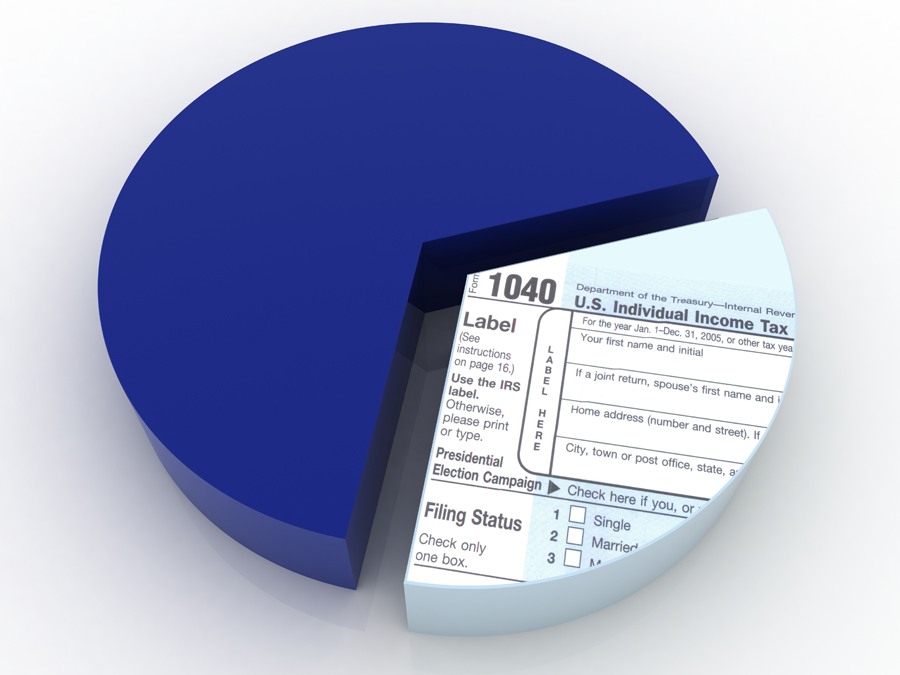Yes, Social Security Benefits can be Taxed
January 14, 2015 by Dave Du Val, EA
Hey Dave,
I'm considering starting to collect my monthly Social Security benefit payments when I turn 67 in 2016, and then I will continue to work at my current job until I reach 68. Is this additional income from Social Security tax-free, or will it be added to my Gross Income for the year and be taxed as such?
Howard
Howard,
Good question, and the answer is a little of both. Currently, for folks who use the Married Filing Jointly (MFJ) status, if the combined income is $32,000 or greater, a portion of the social security benefits becomes taxable income.
The amount subject to income taxes ranges from between 50% of your benefits to up to 85% of your benefits. The 85% applies to folks earning more than $44,000 in combined incomes.
For example, if you filed jointly and your combined incomes were $45,000, then 15% of your benefits would be "tax free" and 85% of your benefits would be added to your taxable income. Most folks not using the Married Filing Separately (MFS) status may not earn more than $25,000, and the 85% mark kicks in at $37,000. The actual amount of taxable benefits is calculated on the "Social Security Benefits Worksheet," which is available in TurboTax.
Remember that the amount you receive as benefits increases all the way up to the age of 70. You may want to review your plans with your financial advisor or with the Social Security Administration to ensure that you receive the maximum benefits that are available to you.
Deductibly Yours,
Dave





